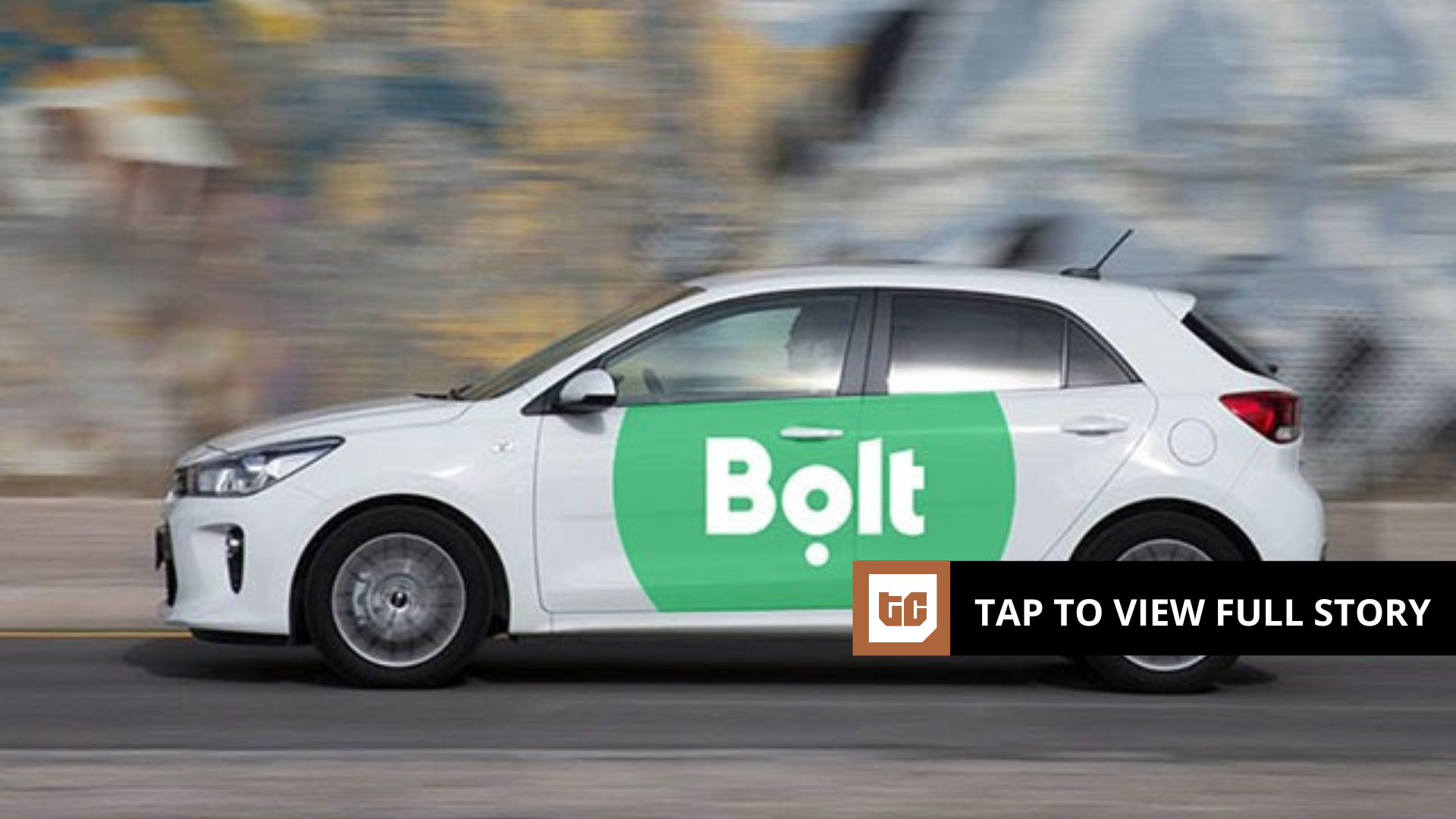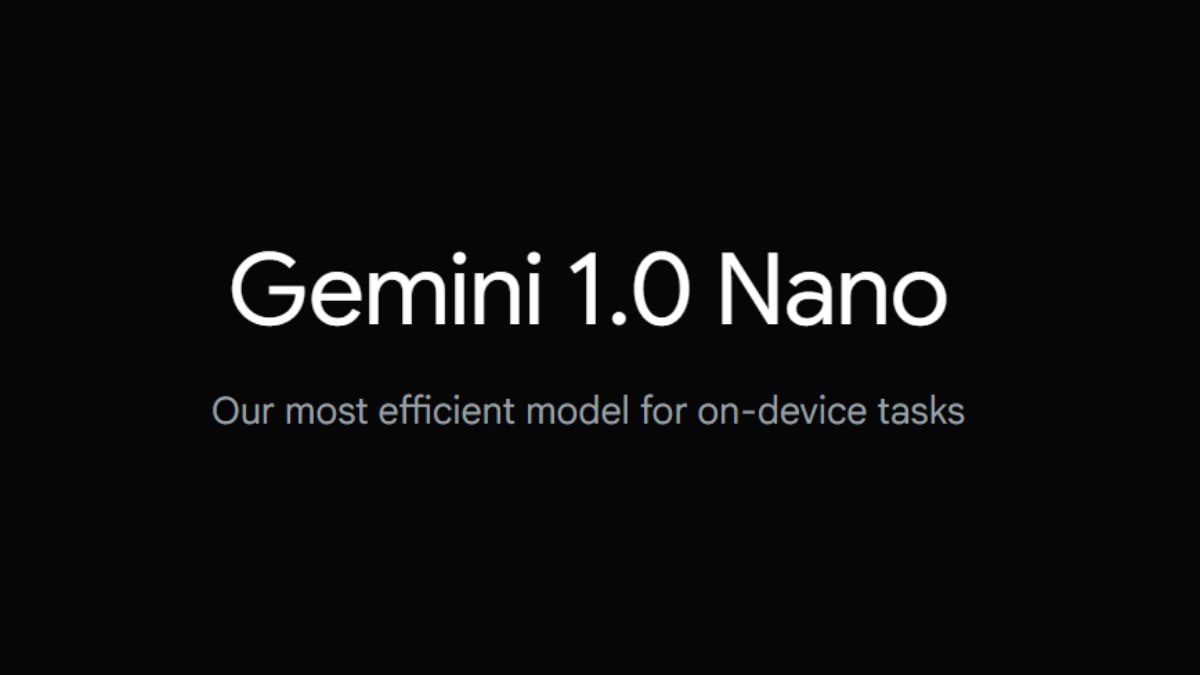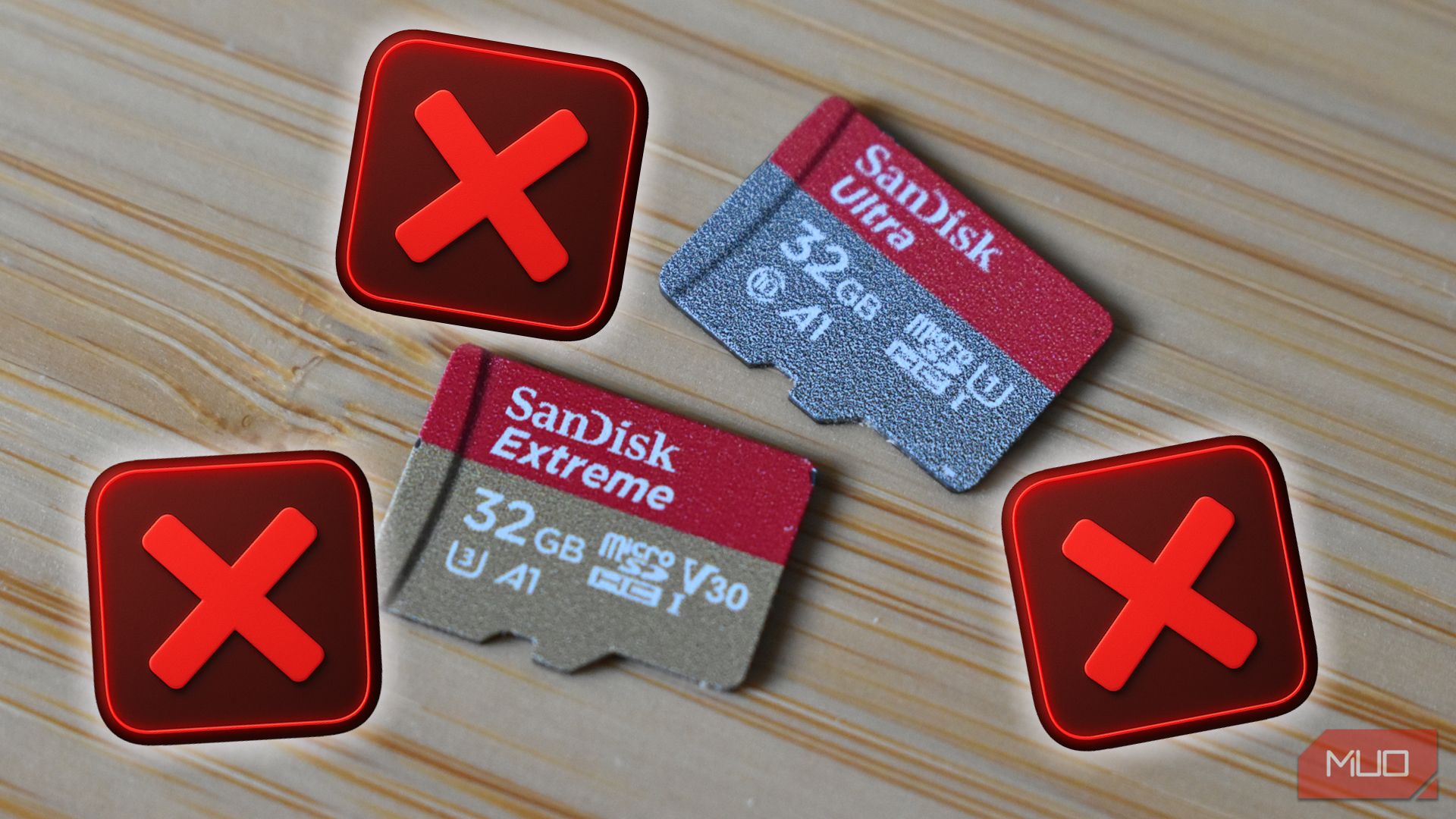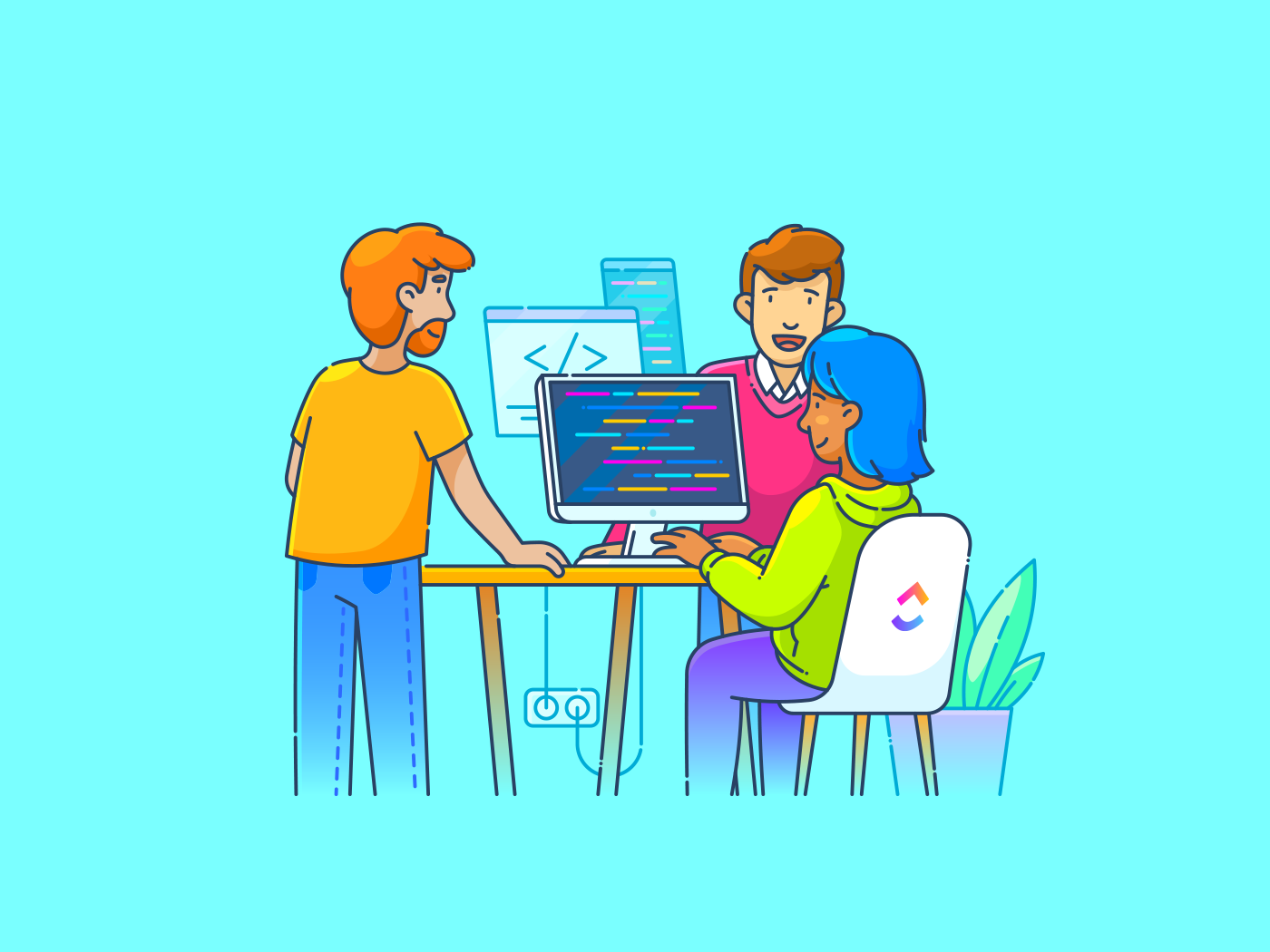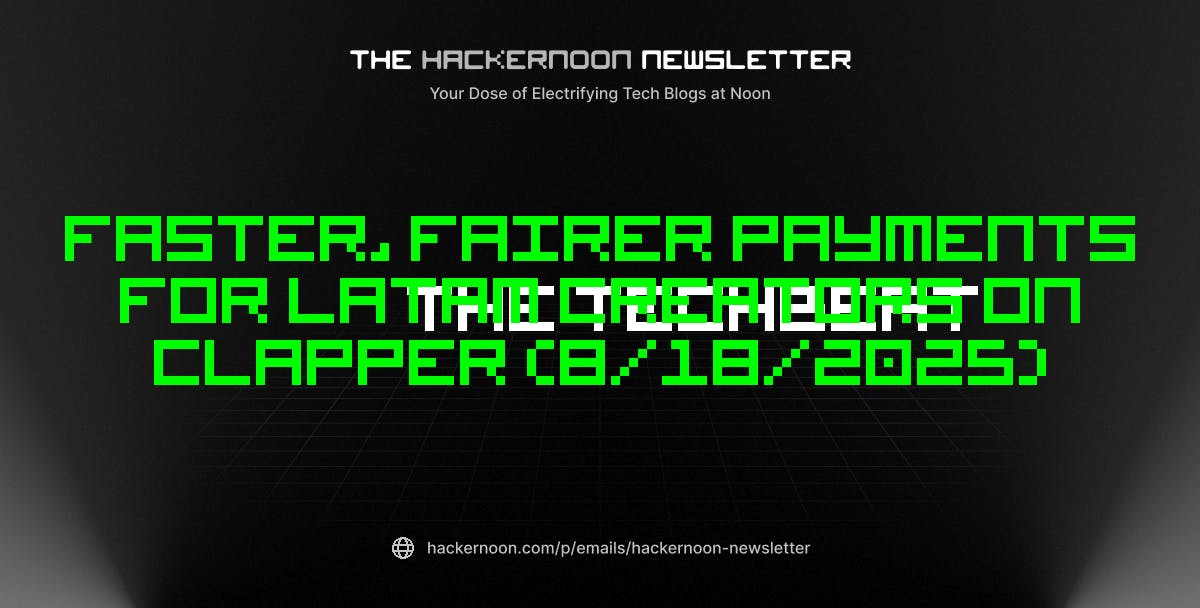Caught between mounting driver demands for lower commissions and the growing popularity of inDrive’s fare-negotiation model, Bolt quietly piloted a “negotiate” feature in select Nigerian cities from November 2024 to February 2025.
The feature, which allowed riders and drivers to agree on fares upfront, aimed to address persistent complaints about opaque pricing and shrinking driver earnings. But after a few months, the company shelved the experiment, with “no plans to introduce the negotiate feature more broadly.”
“At Bolt, we’re constantly exploring new ways to improve the rider and driver experience across our markets,” a Bolt spokesperson told in an email response. “Between November 2024 and February 2025, we conducted a limited-time pilot of a fare negotiation feature to better understand how flexible pricing models might impact user experience and platform dynamics.”
The test comes after the ride-hailing platform introduced a flexible pricing system in May 2024, allowing passengers to offer higher fares to drivers to increase their chances of getting rides during periods of high driver demand.
Bolt’s decision to drop the negotiate feature suggests the pilot failed to meet the company’s internal benchmarks. Possible internal metrics may have included user adoption rates, rider and driver satisfaction, impact on trip completion times, changes in average fare, and overall platform safety and security. If the negotiate feature did not improve key metrics, or worse, led to more disputes, longer wait times, or increased off-app transactions, Bolt would have little reason to proceed. With drivers already informally negotiating fares, the company likely concluded that formalising the process offered limited benefits and introduced new risks, especially around pricing consistency and platform safety.
“My assumption is that the feature didn’t solve the problem the way they imagined it, and it also doesn’t impact revenue,” said Ayodeji Audu, a Lagos-based mobility analyst and co-founder of EV mobility company Reown.
Bolt’s fare negotiation was widely seen as a calculated response to mounting pressure from drivers over its 20% commission and a perceived lack of platform support. Drivers have staged repeated protests against Bolt and Uber in major cities, including coordinated strikes in Lagos and Abuja since 2021, demanding lower commissions.
The feature was also introduced in response to growing competition from inDrive, which surged in popularity in 2023—due to shrinking customer pockets and fuel hikes—by capitalising on its simple, cash-based, negotiable fare model. The company, which launched in Nigeria in 2019, has attracted many price-sensitive riders and drivers who want flexibility. However, Bolt still retains the lead in Nigeria with a 66% market share, according to Queva Advisory, a Nigerian management consulting firm.
“I would have loved it if the negotiate feature was left permanent. It is something we’ve been asking for,” said Celestine Finbar, a Lagos-based Bolt driver who has used the platform for over four years. “After they slashed commissions, we were barely surviving. Negotiation gives us more control, like we’re finally being heard.”
Pricing remains the biggest priority for ride-hailing customers in Lagos, regardless of new features. “If I can negotiate on both Bolt and inDrive, my decision still comes down to whichever is cheaper and closer,” said Muktar Oladunmade, a frequent user of both platforms.
Globally, alternative ride-hailing models are gaining traction. In India, ride-hailing startup Namma Yatri has prompted Uber and Bolt to introduce a subscription-based system, where drivers pay a fixed daily fee instead of a commission per ride. This approach is influencing larger ride-hailing companies to rethink the industry’s payment structure, with some analysts predicting a broader shift away from commission-based models in emerging markets.
Many drivers argue that Bolt’s fare negotiation feature sidesteps the main issue they have long contested: high commission rates. The drivers’ union, the Amalgamated Union of App-Based Transporters of Nigeria (AUTWON), is demanding a 5% cap. “Negotiating a fare is helpful,” said Samson, a Lagos-based driver, “but what happens when the app still takes a large cut from that negotiated price?”
However, Bolt’s brief experiment with fare negotiation, alongside its recent launch of an EV tricycle service in Nigeria, shows the company is willing to test new models in Africa’s largest mobility market.
“The bigger story here isn’t just about copying inDrive,” said Audu. “It’s about rebalancing power between platforms and the people who keep them running. The companies that listen and adapt to local realities will shape their success in the country.”

